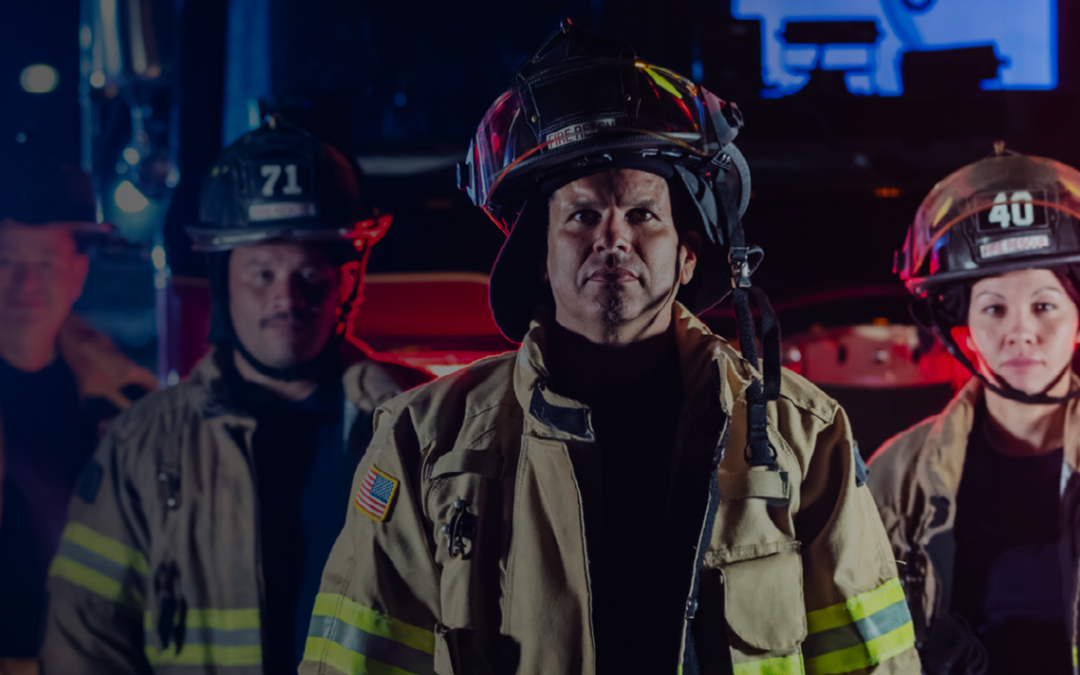Firefighter Response to Chemical Suicide
Category: Fire
Gordon Graham here with Today’s Tip from Lexipol. And Today’s Tip deals with the fire response to chemical suicide. Next week we’ll address the same topic and talk about the law enforcement response.
Rescue and the opportunity to save a life is always important but make sure you recognize the risk first.
In today’s world, hazardous materials are all around us. They are used in industry, at home, and make our lives better.
You are responding to calls every day that seem ordinary or “routine” and most of them are.
But when your dispatcher informs you that you are responding to a subject slumped over the wheel or to an unconscious person in a hotel or apartment, have you thought about why they are unconscious? This could be an incident of chemical suicide.
Committing suicide using chemicals can be done in many ways. But there are a few methods that are the most common.
Detergent suicide mixes acids with sulfur based materials that can be found in any home improvement store. Other methods can include Carbon Monoxide from vehicle exhaust and poisoning by Cyanide.
You may have had previous training that mentioned that a chemical suicide victim may leave a note or warning so responders won’t get hurt. But that is assuming that the person had a conscience and didn’t intend to hurt anyone else other than themself.
Look for warning signs to identify the risk before you walk into a toxic atmosphere that could be harmful or fatal to you and your crew.
Be on the lookout for mixing buckets and what looks like residue on the dash and seats of vehicles. Vehicles left running in the garage, and empty cans of cleaners, or solvents in enclosed areas such as apartments, hotel rooms, and cars are other signs of chemical suicide.
Rescue and the opportunity to save a life is always important but make sure you recognize the risk first.
Remember this important information on the next “slumped over the wheel” medical call you respond to. It just might save your life!
And that is Today’s Tip from Lexipol. Gordon Graham, signing off.





